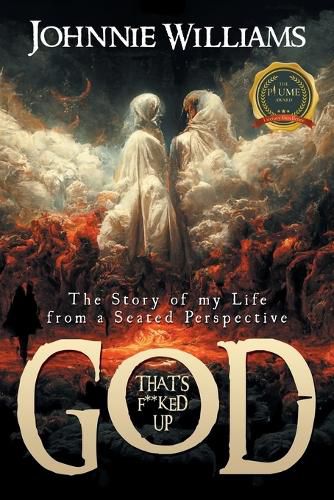Readings Newsletter
Become a Readings Member to make your shopping experience even easier.
Sign in or sign up for free!
You’re not far away from qualifying for FREE standard shipping within Australia
You’ve qualified for FREE standard shipping within Australia
The cart is loading…






This title is printed to order. This book may have been self-published. If so, we cannot guarantee the quality of the content. In the main most books will have gone through the editing process however some may not. We therefore suggest that you be aware of this before ordering this book. If in doubt check either the author or publisher’s details as we are unable to accept any returns unless they are faulty. Please contact us if you have any questions.
In life, the choices we make determine our levels of success or regret. Ultra successful people (the superrich) rarely take a look back at the lessons of the past. -That privilege is often reserved for the regretful, and whether we show it or not, many of us have our secret regrets. What if you realized that you were a regretful success? But that doesn't make sense, does it? Who would regret their success? Who would want to struggle? What if those struggles were needed to help in revealing your character and what you thought of as weaknesses turned out to be your greatest strengths? How would you function knowing you had to struggle to get to where you wanted to go? Would you do it? Could you do it? -There are so many questions, and over time I've realized that asking questions will not only get you answers but will also lead to more questions. If you don't know when to stop asking questions, then the answers cease to be of use, and when the answers aren't useful, you stop asking questions and so on and so forth. But how can you fix a system if you're not a part of it? According to developmental psychology, there are certain keystone events that should happen over the average lifetime. What happens when that order changes? Does that mean that the rules don't apply? That doesn't sound like a normal train of thought, does it? But what is normal anyway? I've never been normal or average. I'm a mystery, a conundrum, a 1,000-piece puzzle with a single piece missing. - The missing piece used to change every day, but over time, it became clear that my missing piece was indeed a "missing peace" and that I would need the God's help and plenty of heart to fight my way through numerous battles, facing more than my fair share of adversities. After God sat me down to talk over something, I told him, "-Thank you." But then I also said, "-That's f**ked up, God."
$9.00 standard shipping within Australia
FREE standard shipping within Australia for orders over $100.00
Express & International shipping calculated at checkout
This title is printed to order. This book may have been self-published. If so, we cannot guarantee the quality of the content. In the main most books will have gone through the editing process however some may not. We therefore suggest that you be aware of this before ordering this book. If in doubt check either the author or publisher’s details as we are unable to accept any returns unless they are faulty. Please contact us if you have any questions.
In life, the choices we make determine our levels of success or regret. Ultra successful people (the superrich) rarely take a look back at the lessons of the past. -That privilege is often reserved for the regretful, and whether we show it or not, many of us have our secret regrets. What if you realized that you were a regretful success? But that doesn't make sense, does it? Who would regret their success? Who would want to struggle? What if those struggles were needed to help in revealing your character and what you thought of as weaknesses turned out to be your greatest strengths? How would you function knowing you had to struggle to get to where you wanted to go? Would you do it? Could you do it? -There are so many questions, and over time I've realized that asking questions will not only get you answers but will also lead to more questions. If you don't know when to stop asking questions, then the answers cease to be of use, and when the answers aren't useful, you stop asking questions and so on and so forth. But how can you fix a system if you're not a part of it? According to developmental psychology, there are certain keystone events that should happen over the average lifetime. What happens when that order changes? Does that mean that the rules don't apply? That doesn't sound like a normal train of thought, does it? But what is normal anyway? I've never been normal or average. I'm a mystery, a conundrum, a 1,000-piece puzzle with a single piece missing. - The missing piece used to change every day, but over time, it became clear that my missing piece was indeed a "missing peace" and that I would need the God's help and plenty of heart to fight my way through numerous battles, facing more than my fair share of adversities. After God sat me down to talk over something, I told him, "-Thank you." But then I also said, "-That's f**ked up, God."